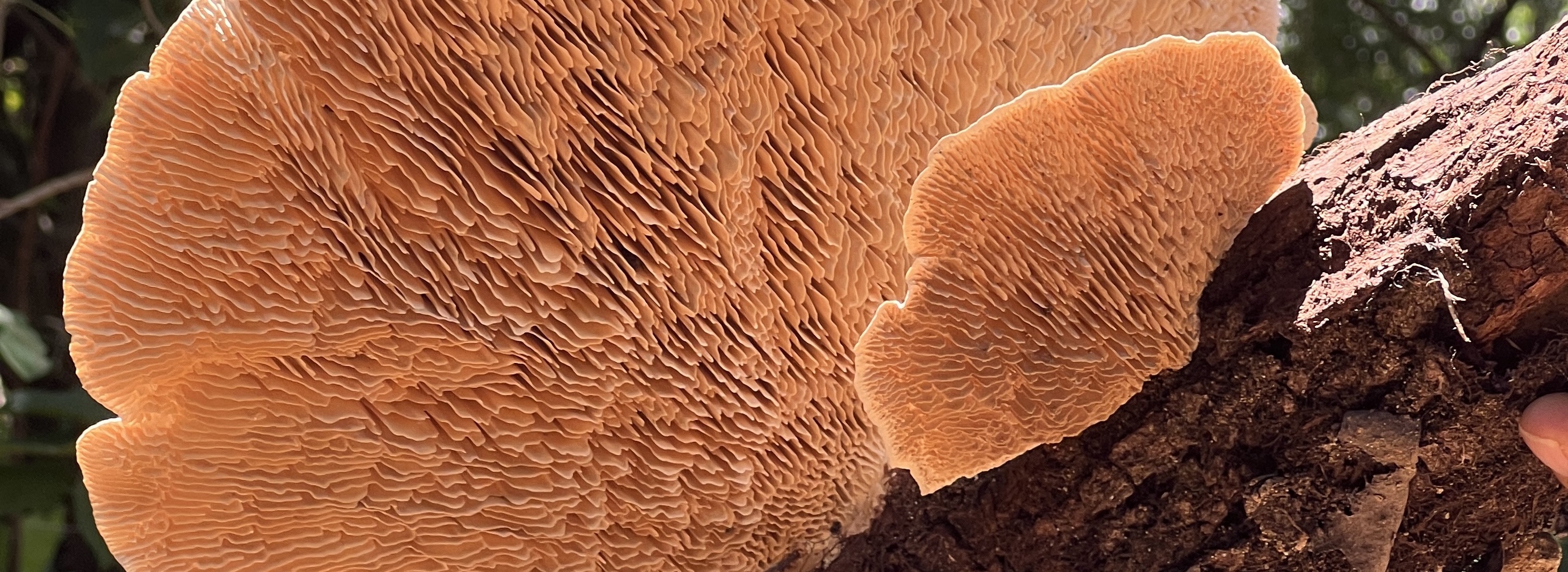
Monteverde Institute: Tropical Ecology and Conservation
Alternative Title
Diversidad de hormigas (Formicidae), riqueza de especies y abundancia en respuesta a las diferentes fuentes de alimento
Files
Download Full Text (346 KB)
Publication Date
August 2004
Abstract
More than 500 species of ants (family Formicidae: order Hymenoptera) have been found in Costa Rica (Gauld & Hanson 2000), and 46 of the 80 genera found in Costa Rica are known to live in the Monteverde area (Longino 2000). Some species of ants are known to exhibit food preferences for or against sugar and/or specific prey taxa (Dejean et al. 1999). The purpose of this study was to determine if species richness and diversity change in response to varying bait in traps. One hundred and twenty traps containing one of 6 kinds of bait (crustaceans, tuna, honey, peanut butter, and tuna/honey and peanut butter/honey mixtures) were left on the ground near the trails in the Bajo del Tigre area, Monteverde, Costa Rica. Captured ants were identified to morphospecies and their abundance was recorded for each trap. Crustacean bait attracted the greatest diversity of species (Shannon Weiner diversity index: H’ = 0.74) and tuna and peanut butter baits attracted the lowest diversity (Shannon Weiner diversity index: H’ = 0.33, 0.31). Peanut butter/honey bait attracted significantly more individuals than crustaceans, honey, tuna and tuna/honey (Fisher’s PLSD, P = 0.0010, 0.0009, 0.0360, 0.0037, respectively). This study demonstrated that there are significant differences in both the diversity and number of ants trapped when using different kinds of bait, and that researchers should be selective in choosing the bait that best suits the purpose of their study.
Resumen
Se han encontrado en Costa Rica más que 500 especies de hormigas (familia Formicidae: orden Hymenoptera) (Gauld & Hanson 2000), y 46 de los 80 géneros encontrados en Costa Rica viven en el área de Monteverde (Longino 2000). Se sabe que algunas especies de hormigas exhiben preferencias de comida a favor o en contra de azúcar y/o taxa específicos (Dejean et al. 1999). El propósito de este estudio fue determinar si la riqueza de especies y la diversidad cambia en respuesta a un cambio en el cebo de las trampas. Ciento veinte trampas que contenían uno de los seis tipos de cebo (crustáceos, atún, miel, mantequilla de maní, y mezclas de atún/miel y mantequilla de maní/miel) fueron dejados en el suelo cerca de los senderos en el área del Bajo del Tigre, Monteverde, Costa Rica. Se identificó hormigas capturadas a nivel de morphoespecies y sus abundancias fueron anotadas para cada trampa. El cebo de crustáceos fue el que atrajo la mayor diversidad de especies (Índice de diversidad Shannon Weiner: H’ = 0.74) y atún y mantequilla de maní atrajo la menor diversidad de especies (Índice de diversidad Shannon Weiner: H’ = 0.33, 0.31). Mantequilla de maní/miel baits atrajeron significativamente más individuos que los crustáceos, miel, atún, y atún/miel (ANOVA, P = 0.0010, 0.0009, 0.0360, 0.0037, respectivamente). Este estudio demostró que hay una diferencia significativa en la diversidad y número de hormigas atrapadas cuando se usaron tipos diferentes de cebo, y los científicos deben ser selectivos cuando escogen cebo que sea mejor para el propósito de su estudio.
Keywords
Ants--Behavior, Animal--Food, Species diversity, CIEE Summer 2004
Palabras claves
Hormigas--Comportamiento, Animal--Alimentación, Diversidad de especies, CIEE Verano 2004
Extent
8 pages
Geographic Location
Monteverde (Puntarenas, Costa Rica)
Holding Location
Monteverde Institute
Language
English; Spanish
Media Type
Articles
Format
Digital Only
Identifier
M39-00173
Type
Book
Recommended Citation
Wyatt, Sarah A., "Ant (Formicidae) diversity, species richness, and abundance in response to different food sources, August 2004" (2004). Monteverde Institute: Tropical Ecology and Conservation. 130.
https://digitalcommons.usf.edu/tropical_ecology/130


